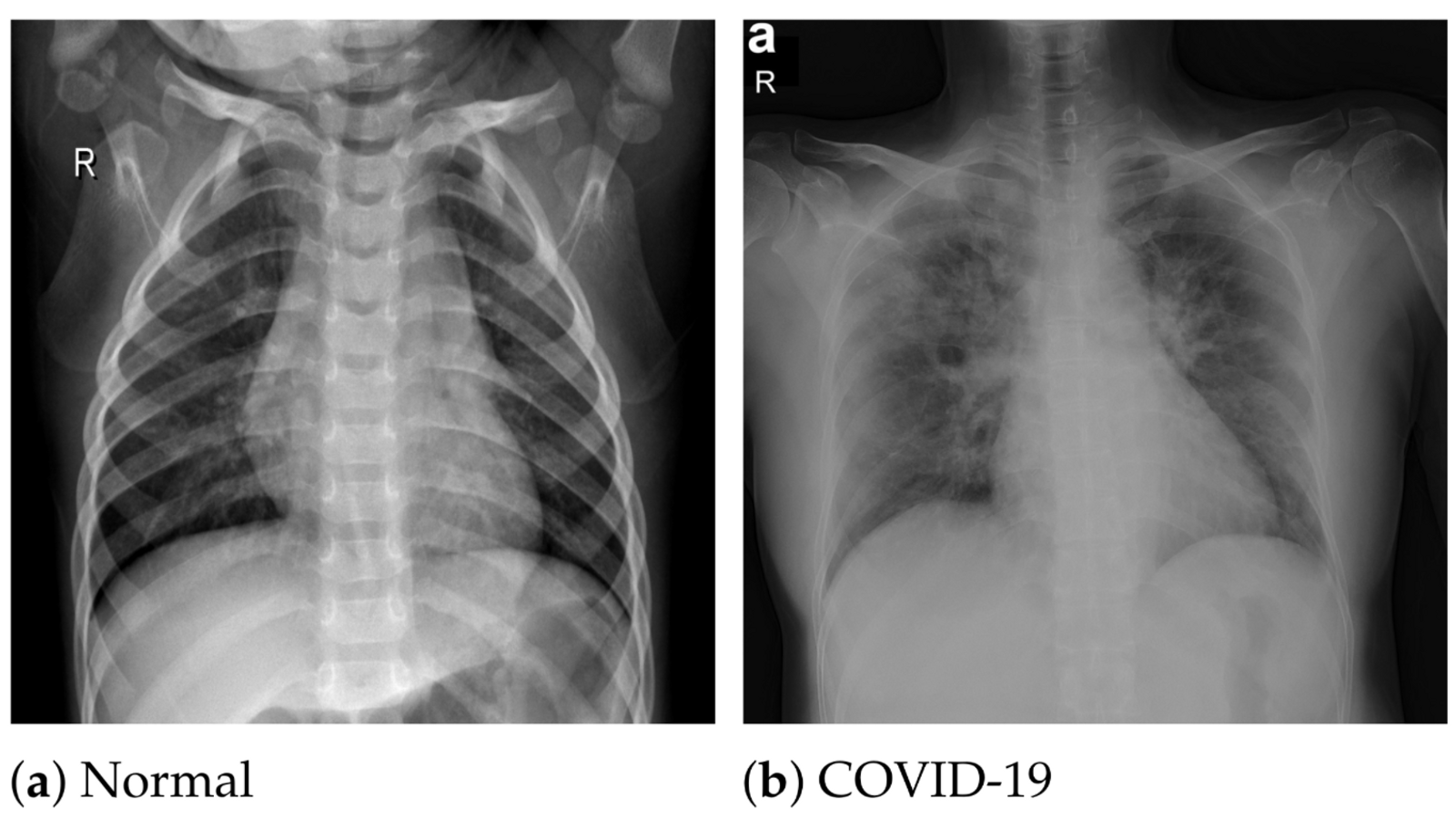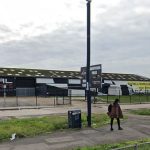Experts in Scotland have developed groundbreaking Artificial Intelligence (AI) technology which is capable of accurately diagnosing COVID-19 in just a few minutes, much quicker than a PCR test.
The research, by the University of the West of Scotland (UWS), uses X-ray technology, comparing scans to a database of around 3,000 images, belonging to patients with COVID- 19, healthy individuals and people with viral pneumonia.
It then uses an AI process, an algorithm typically used to analyse visual imagery, to make a diagnosis.
Please use Chrome browser for a more accessible video player
It is hoped the new technology can relieve pressure on health systems, particularly in countries where PCR tests are hard to source.
Experts say during testing this technique was found to be more than 98% accurate in detecting the virus.
Leader of the project, Professor Naeem Ramzan, director of the Affective and Human Computing for SMART Environments Research Centre at UWS, said: “There has long been a need for a quick and reliable tool that can detect COVID-19, and this has become even more true with the upswing of the Omicron variant.”
But he added, “COVID-19 symptoms are not visible in X-rays during the early stages of infection, so it is important to note that the technology cannot fully replace PCR tests”.
COVID: Sajid Javid says COVID could be with us forever but hopes all measures lifted by March
COVID-19: Work from home advice ends and face coverings no longer mandatory in classrooms in England
Sue Gray: The woman who could bring down Boris Johnson
“It could prove to be crucial, and potentially life-saving,” he said.
Professor Milan Radosavljevic, vice-principal of Research, Innovation and Engagement at UWS, added the new technology was “potentially game-changing research”.
He said: “It’s another example of the purposeful, impactful work that has gone on at UWS throughout the pandemic, making a genuine difference in the fight against COVID-19.”
Follow the Daily podcast on Apple Podcasts, Google Podcasts, Spotify, Spreaker
The researchers now plan to expand the study of their X-ray testing technique.
They will compare a larger number of X-ray images to see if the technology can be rolled out in hospitals and clinics.
Towards the end of last year there were concerns about PCR test shortages in England as availability struggled to keep up with increased demand over the festive period.
Testing requirements in England were changed earlier this month and from 11 January people testing positive for COVID-19 via a lateral flow device, but have no symptoms, were no longer required to take a confirmatory PCR test.
From today, work from home measures have also been scrapped and face coverings will no longer need to be worn in classrooms in England.






















